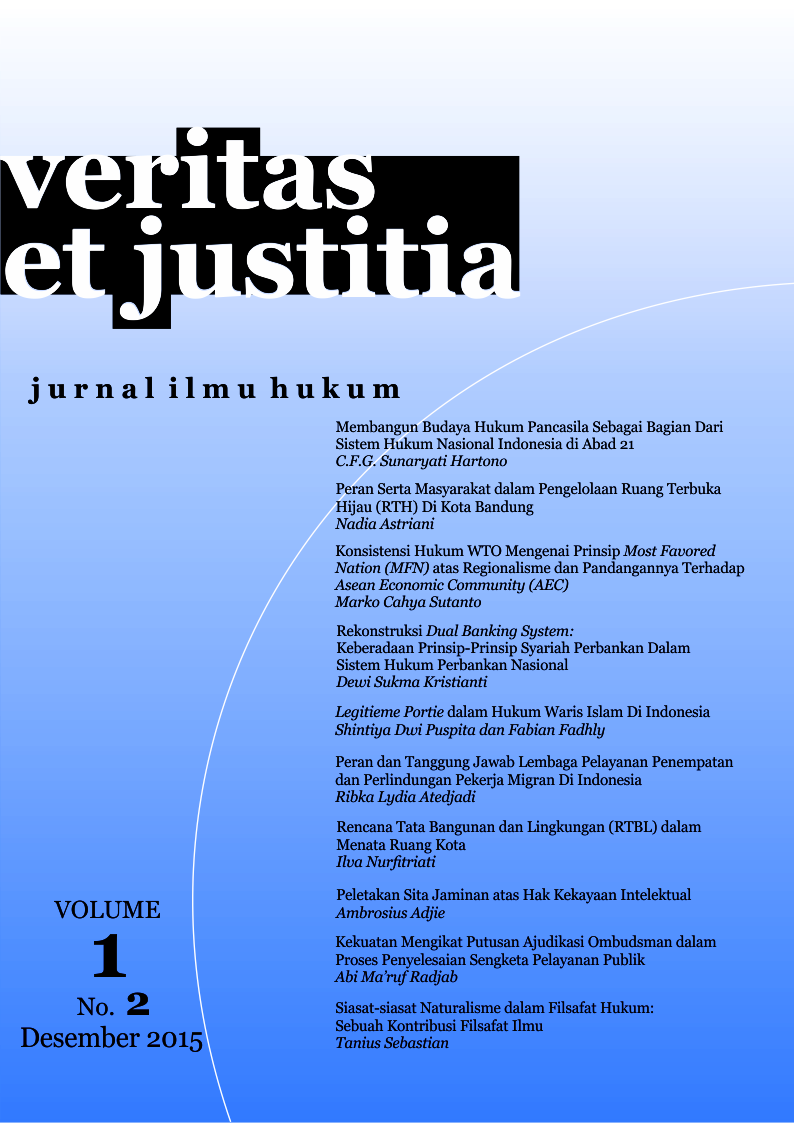KEKUATAN MENGIKAT PUTUSAN AJUDIKASI OMBUDSMAN DALAM PROSES PENYELESAIAN SENGKETA PELAYANAN PUBLIK
DOI:
https://doi.org/10.25123/vej.v1i2.1696Abstract
Based on the regulations as arranged in the Public Service Law, in case of legal disputes or lawsuits concerning public service, the settlement can be reached in two ways, namely by mediation and adjudication of a verdict, and secondly, this legal effort can be made or initiated by a so-called Ombudsman. The adjudication process subsequently yields a verdict or sentence that is bound to lead to contradiction as the Ombudsman is not a legal institution and this is not a quasi-administrative judicial process either, for the outcome of the Ombudsman’s investigation comes in the shape of a mere recommendation, and this cannot be regarded as a proper verdict pronounced by an official judge. Based on the regulations as stated in the Public Service Law and the Ombudsman Law as well as the regulations for their execution the adjucatory verdict reached by the Ombudsman, the force of this binding decision or sentence cannot be considered final and binding as such because it only qualifies as a recommendation. Given the fact that the judicial verdict made by the Ombudsman in the settlement of lawsuits regarding Public Service comes in the shape of a recommendation, further legal efforts can be made in accordance with the existing regulations whose mechanism is similar to that of administrative appeals that culminate in imposing sanctions and publication in the media to expose the case in question.Downloads
Published
Issue
Section
License
Authors who publish with this journal agree to the following terms:
Authors retain copyright and grant the journal right of first publication with the work simultaneously licensed under a Creative Commons Attribution License that allows others to share the work with an acknowledgement of the work's authorship and initial publication in this journal.
Authors are able to enter into separate, additional contractual arrangements for the non-exclusive distribution of the journal's published version of the work (e.g., post it to an institutional repository or publish it in a book), with an acknowledgement of its initial publication in this journal.
Authors are permitted and encouraged to post their work online (e.g., in institutional repositories or on their website) prior to and during the submission process, as it can lead to productive exchanges, as well as earlier and greater citation of published work.
The Journal allow the author(s) to hold the copyright and to retian publishing rights without restrictions.






